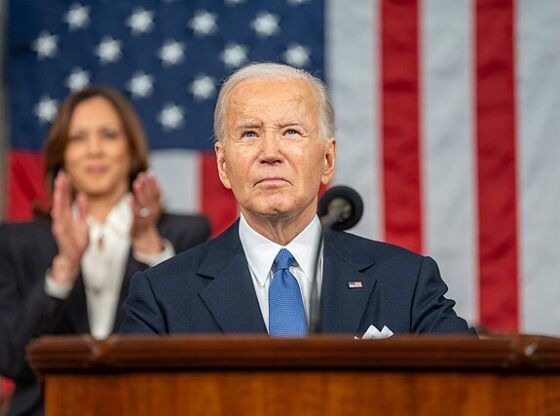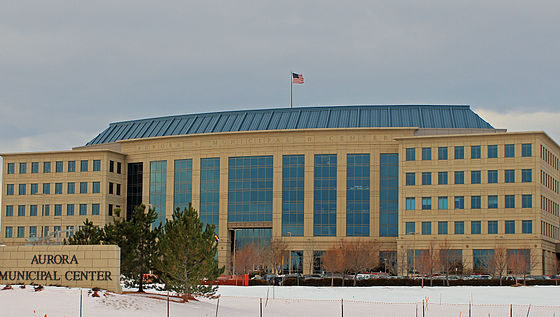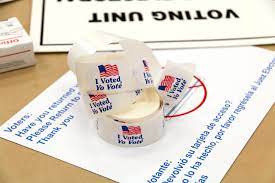The following is a Q&A with 2013-2014 Students for Sustainable Food President Kathryn Saphire concerning the Real Food Campus Commitment signing.
Q: What is the Real Food Challenge, and what does it mean to serve 20 percent “Real Food?”
A: The Real Food Challenge (RFC) is a national organization that works [to] influence university dining halls to purchase and serve more sustainable food options. RFC has created a set of criteria that defines “real food” based on its locality (grown and produced within 250 miles), growing practices (certified organic), humane treatment of animals and fair treatment of workers. There are also some disqualifiers, such as certain food additives, dyes and preservatives, as well as GMO [genetically modified organism] foods.
Last year, a group of interns including myself started the first Real Food Calculator at DU, which calculates the percentage of real food based on these criteria and the dollar amount purchased. We began the calculator after Sodexo announced a national agreement to cooperate with RFC and allow students to access their purchasing record. For 2012-2013, DU had less than two percent real food. The calculator was only conducted for Nagel, Nelson and Halls dinning halls, not the c-stores, catering, the Ritchie Center, beans or any other cafes on campus.
Members of the Real Food Challenge have spoken in Megan Kelly’s writing class (she focuses on food) before, but it became a central goal last year after Mariah Foley and I attended the Breaking Ground Real Food Challenge summit in Baltimore, MD in February. After attending the summit, we decided to start the club Students For Sustainable Food to raise awareness and gather support for RFC.
We now have an e-board position of Real Food Challenge Coordinator that works with the national campaign to stay updated and continue the campaign. The Center For Sustainability offers work-study positions for students who are interested in the calculator reporting. We are in the midst of performing the calculator for this fiscal year to see how we have improved.
Q: Who wrote the Campus Commitment and presented it to Chancellor Coombe? Who all signed the Commitment?
A: The Campus Commitment document was written by RFC and is used by schools across the country. It pledges that the university will serve 20 percent “Real Food” by 2020. We are one of 20 schools to sign. Chancellor Coombe signed it as well as Megan Kelly, our club advisor, and Ira Simon the Sodexo dining director. We also had about 10 students [attend], including our current executive board, our next year’s executive board and Daniel Powell, the chair of USG’s Sustainability Committee. Ira Simon also brought his head chefs for each of the dinning halls.
Q: How will this continue in the future?
A: Next year, our RFC coordinator, Emily Robertson, will lead a “working group” to continue researching alternative purchases to increase our percentage of Real Food. We are hoping to switch to local Colorado potatoes and to increase our percentage of organic foods. I am also part of the Garden Network initiative, which is working to expand garden space on campus. We hope in the future some of our edible gardens can be utilized in the dinning halls.











